News & Commentary
Trump's Efforts to Dismantle AI Protections, Explained
President Donald Trump has swiftly removed Artificial Intelligence protections, exposing people to real-world harms.
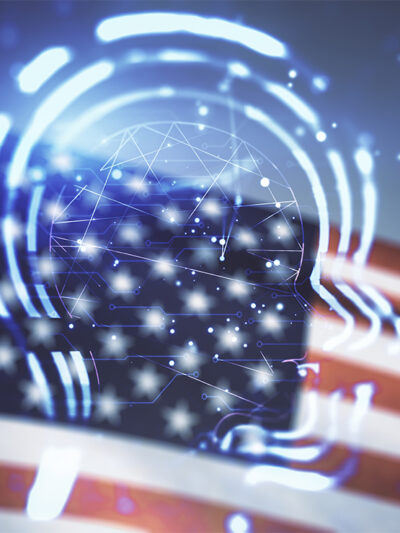
How Face Recognition Technology Landed One Innocent Man in New Jersey Jail for Ten Days
We're calling for a total ban on law enforcement use of face recognition technology.
By Dillon Reisman
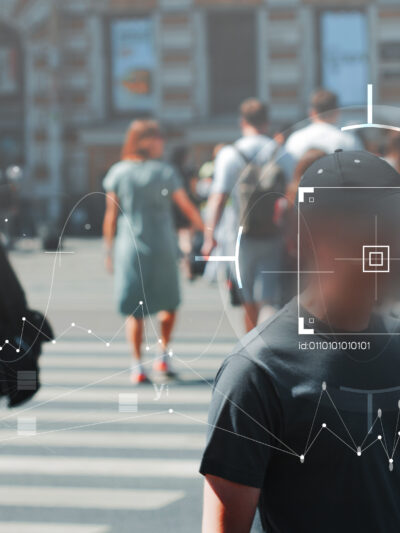
As Students, We Face Invasive AI-powered School Surveillance. Now We're Calling on Lawmakers to Regulate it.
Students care about their privacy but are facing invasive levels of AI-powered surveillance in schools, perpetuating existing discrimination. NJ students are calling on lawmakers to implement regulations on AI-powered surveillance and protect student’s right to privacy.
By Shreya Sampath, Marisa Syed

Book bans foreshadow more than empty shelves: NJ has an obligation to fight back against attempts to restrict access to information
In recent years across the nation, we’ve seen a resurgence of systematic attempts to ban books from libraries, classrooms, and curriculums with the aim to undermine experiences across all races, genders, and sexualities.
By Amol Sinha

What You Need to Know About the Use of Facial Recognition in New Jersey
The future of surveillance is here – this is how we can make up for lost time.
By Dillon Reisman
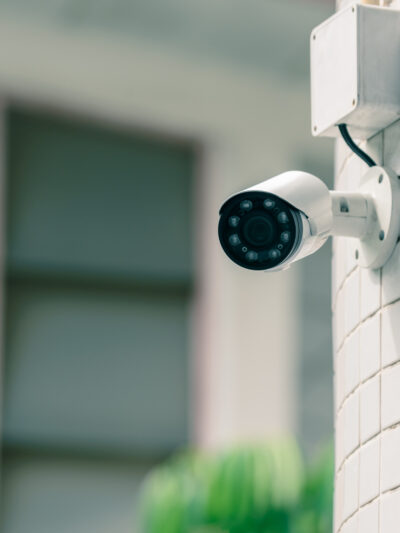
The Federal Government Should Not Waste the Opportunity to Address Algorithmic Discrimination
The Federal Trade Commission should adopt binding rules to identify and prevent algorithmic discrimination.

How New Jersey Used an Algorithm To Drastically Reduce Its Jail Population – And Why It Might Not Be the Right Tool for the Job
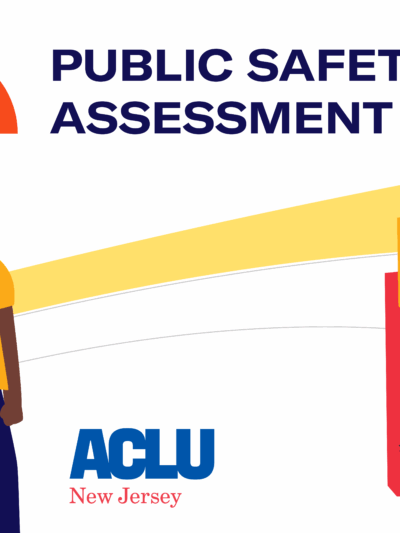
We’ve Called for a Total Ban on the Use of Facial Recognition by Law Enforcement – Here’s Why
Facial recognition technology, like many kinds of automated decision systems used by the government, can worsen racial inequity, limit our civil rights and liberties, and deprive people of fundamental fairness. We're investigating.
By Dillon Reisman
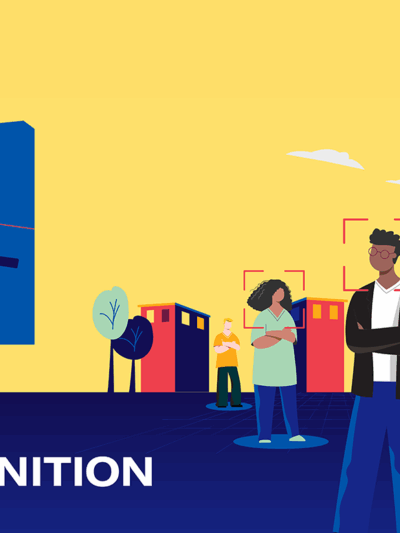
New Jersey Relies on an Algorithm to Determine Benefits for Survivors of Domestic Violence – But Should It Be Used at All?
Domestic violence survivors in New Jersey are eligible for special public benefits to assist in their escape and recovery from abuse. But who decides if a domestic violence survivor will be awarded those benefits? To make that determination, New Jersey turns to an algorithm.
By Dillon Reisman
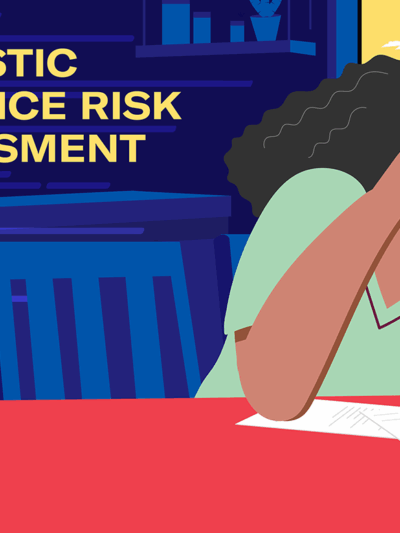
Stay Informed
Sign up to be the first to hear about how to take action.
By completing this form, I agree to receive occasional emails per the terms of the ACLU’s privacy statement.
By completing this form, I agree to receive occasional emails per the terms of the ACLU’s privacy statement.
